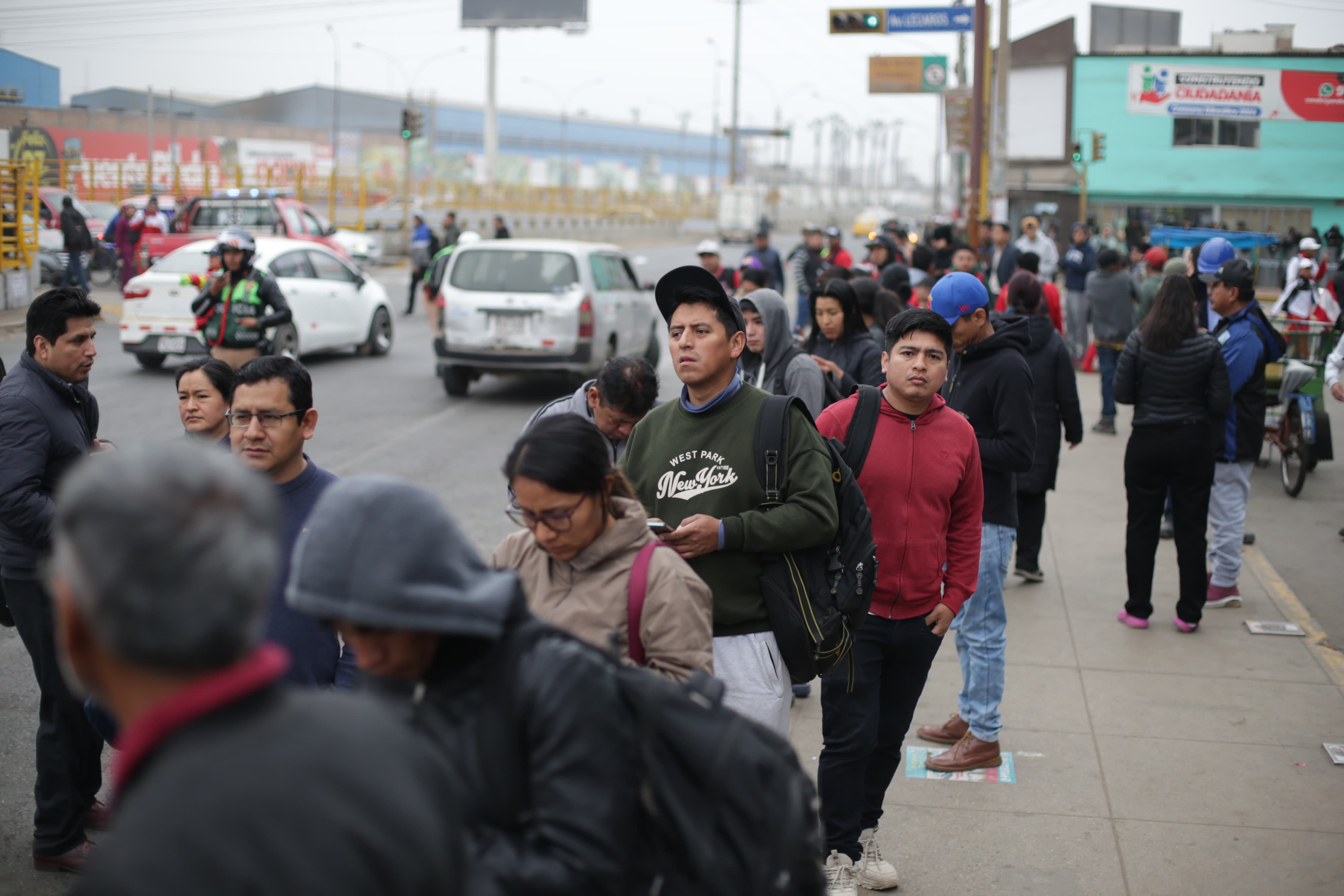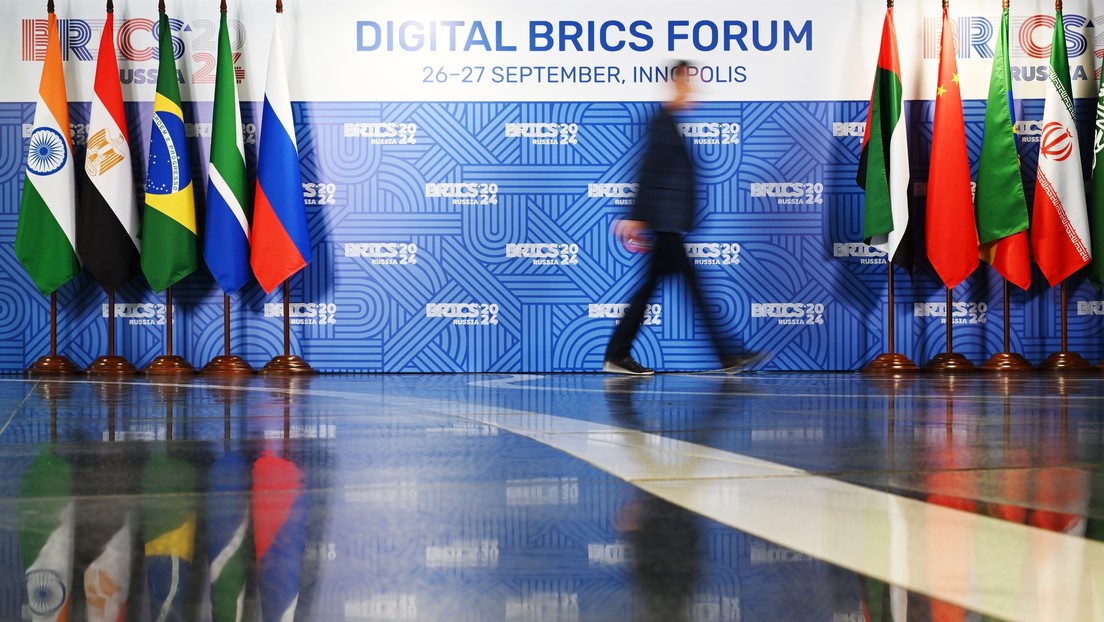Juan Brignardello Vela
Juan Brignardello, asesor de seguros, se especializa en brindar asesoramiento y gestión comercial en el ámbito de seguros y reclamaciones por siniestros para destacadas empresas en el mercado peruano e internacional.




From the Real Casino de Madrid, the Argentine president, Javier Milei, vehemently defended his controversial "chainsaw policy", which aims to eliminate debt and inflation in his country. In a passionate speech, Milei lashed out against previous governments, accusing them of being a "Peronist looting machinery", while highlighting the economic measures implemented during his first months in office. The president boasted of having carried out an unprecedented fiscal adjustment, arguing that his government managed to significantly reduce monetary imbalance in a short period of time. Additionally, Milei announced his intention to present a bill to make currency issuance a crime against humanity, warning that those who allow this practice will be brought to justice. In line with his radical stance, the Argentine president emphasized that his administration is causing a social "revolution", eliminating intermediaries in poverty assistance and promoting the economic independence of citizens. According to Milei, traditional welfare programs generate more poverty, so his approach focuses on empowering the population to become entrepreneurs and owners of their own businesses. Milei's statements in Madrid not only addressed economic issues, but also included criticisms of the Spanish Prime Minister, Pedro Sánchez, whom he accused of ignoring fundamental economic principles. In a challenging tone, the Argentine president urged Spaniards to wake up and resist socialist policies that, in his opinion, lead to impoverishment and decline. In a symbolic gesture, Milei received the International Medal of Madrid from the President of the Community, Isabel Díaz Ayuso, who praised the "chainsaw policy" as a reformist movement. The Argentine president expressed confidence that Spanish citizens will follow the example of their compatriots and reject socialism as an economic model. During his speech, Milei referred to the importance of private property, fiscal balance, and reduction of public spending, principles he considers essential for the development and prosperity of a nation. He also warned about the risks of state interventionism and social justice, labeling the latter as a covert form of resource confiscation through coercive taxes. In a provocative tone, the Argentine president also made veiled criticisms towards Pedro Sánchez's wife, hinting at the possibility of undue influences on political decisions. In this regard, Milei warned about the discretion and corruption that can arise when ideological agendas are prioritized over the well-being of society. Ultimately, Javier Milei's visit to Madrid has not only generated controversy for his controversial statements, but also highlighted his firm and radical stance on economic and social matters. With an inflammatory and challenging discourse, the Argentine president has made it clear that his "chainsaw policy" is a determined commitment to liberalization and individual autonomy, in an international political context marked by polarization and the struggle of ideologies.
Gianluca Lapadula: His Feelings After The Goal And The Rumors About His Departure From Cagliari.

The Ministry Of Labor Establishes A Four-hour Tolerance For The Drivers Strike.

"Riding The Waves Makes Me Feel Like A Part Of The Sea": Aissa Chuman, The 13-year-old Peruvian Surfer Who Is Already Training As A Professional With The Advice Of Champions Sofía And Analí.




:quality(85)/cloudfront-us-east-1.images.arcpublishing.com/infobae/J4AUOJ3DARGTDIQVUNQ373YVKI.jpg)

:quality(85)/cloudfront-us-east-1.images.arcpublishing.com/infobae/7LOV7VN7OBB5XJ765PCWOJVPDE.jpg)